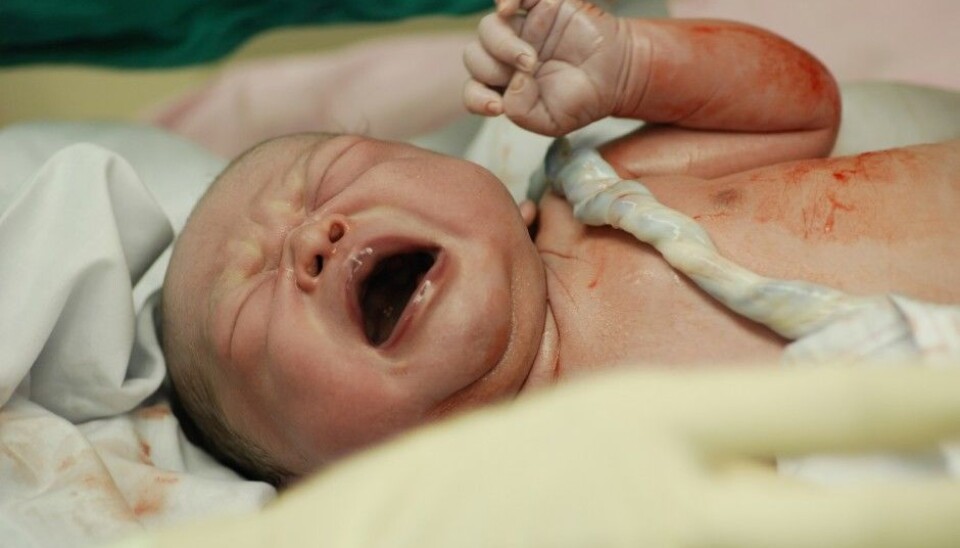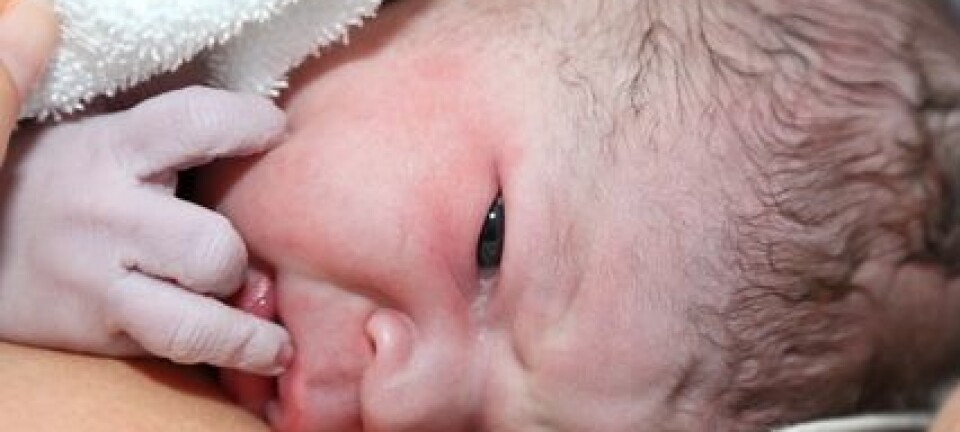
Incontinence risks decrease with Caesarean births
A new study shows that women who give birth the normal way can run nearly twice the risk of urinary incontinence problems, compared to those who have Caesarean sections.
Caesarean births are not problem-free. The surgery links to a greater risk of infections afterwards as well as for complications in later pregnancies.
Another study also indicates that Caesareans could link to chronic illnesses for the child.
Nor are vaginal births free of complications. One known problem is that they raise the risk of urinary incontinence in the year after the birth. The women can suffer stress incontinence, which means they can experience bladder leakage when training or exercising, coughing or laughing.
Now a new study from Finland indicates that women who have c-sections are less likely to suffer from incontinece problems after giving birth.
Double risk
Riikka M. Tähtinen and her colleagues conducted a meta-analysis, examining 15 earlier studies from various countries and thus comparing data from nearly 50,000 births.
The results show that women who give birth the normal way ran nearly twice the risk of long-term stress incontinence when compared to women who had Caesareans.
Vaginal births also entailed a slightly higher risk of contracting urgency urinary incontinence. This means the women suddenly were troubled with an urgent need to pee which they couldn’t hold back.
A report from the University of Bergen issued in 2003 had not found any considerably higher risk of stress incontinence among women who had given birth vaginally compared to those who had undergone Caesareans.
Caesareans not a catch-all
The new meta-analysis does not necessarily mean that urinary incontinence should be averted by a larger use of Caesareans. Many women will inevitably suffer this problem right after a birth or later on in life.
The new study also has certain shortcomings.
For instance, the data on the pregnant women lacked sufficient information regarding whether the Caesareans were taken before or after natural births had started. Nor did they ascertain whether the women had incontinence problems prior to giving birth.
That said, the new results help underscore that natural births put a great strain on the female body.
Reference:
Riikka M. Tähtinen et al., Long-term Impact of Mode of Delivery on Stress Urinary Incontinence and Urgency Urinary Incontinence: A Systematic Review and Meta-analysis, European Urology, February 2016, DOI 10.1016/j.eururo.2016.01.037.
-------------------------------------
Read the Norwegian version of this article at forskning.no
Translated by: Glenn Ostling










